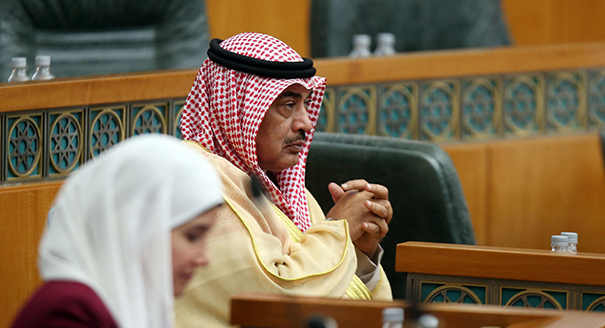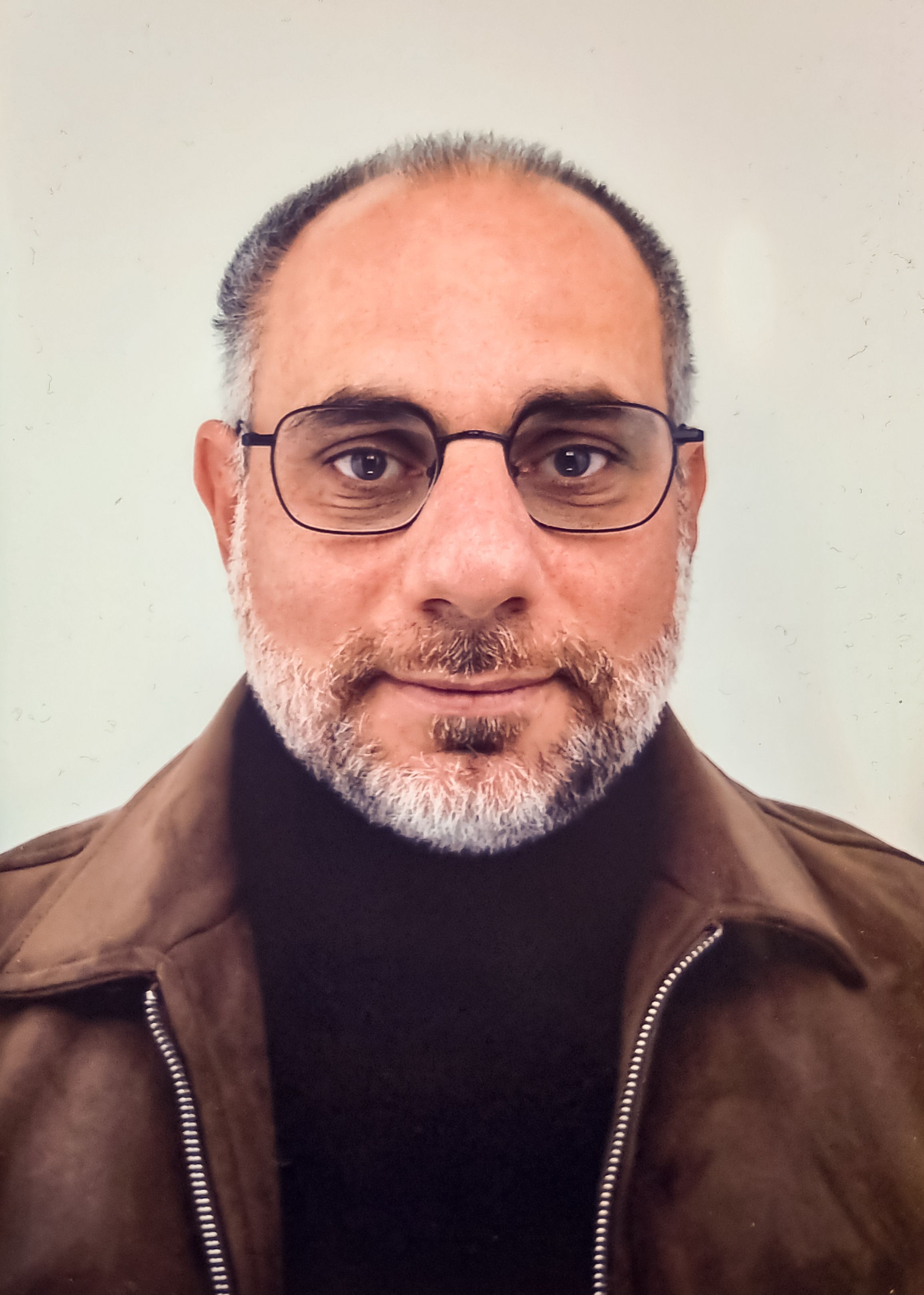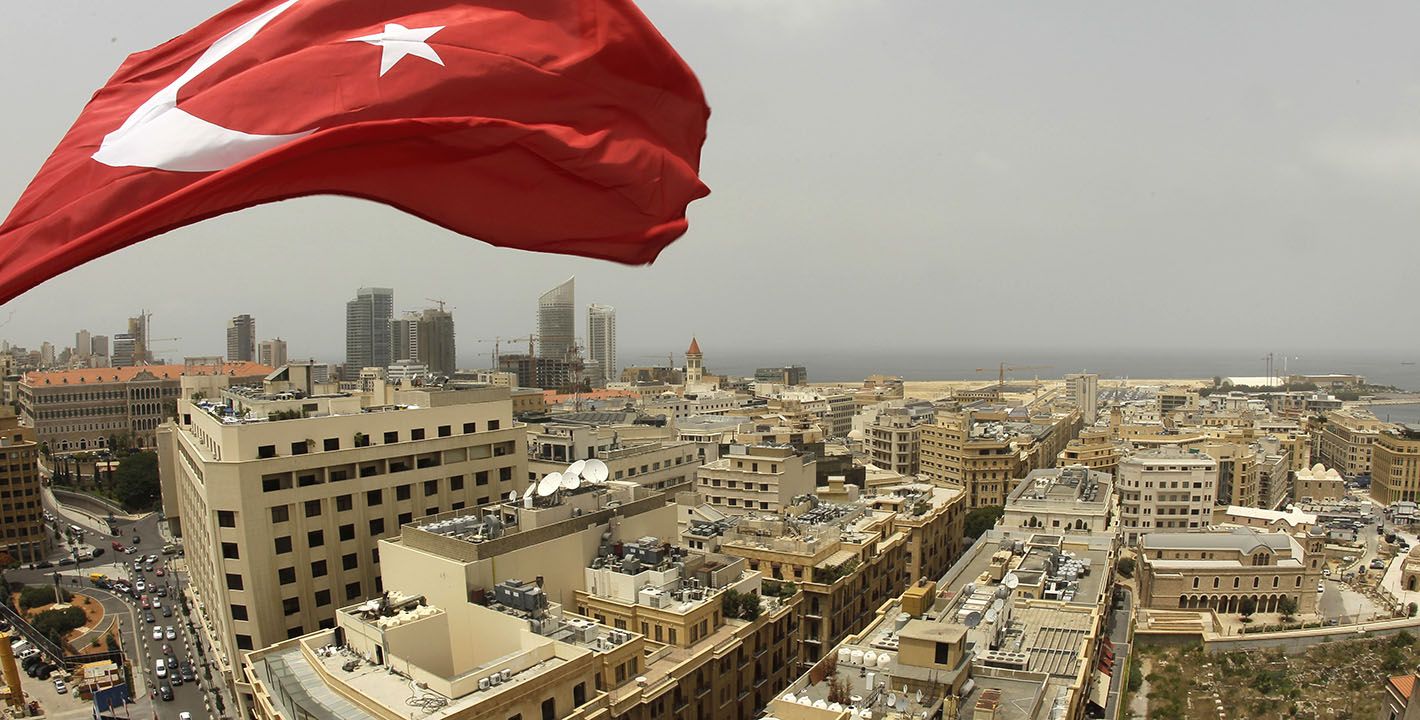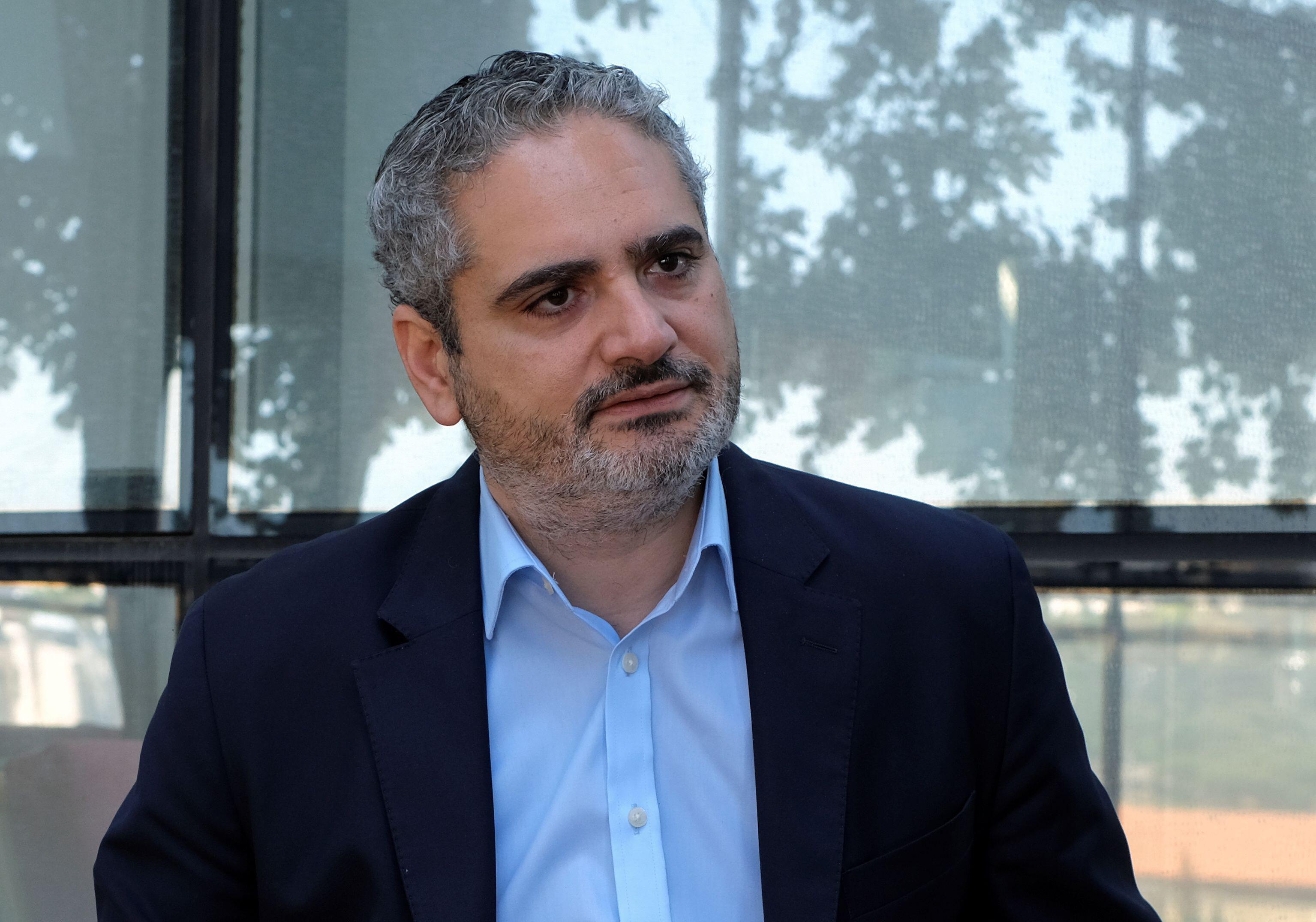Bader Al-Saif
{
"authors": [
"Bader Al-Saif"
],
"type": "commentary",
"blog": "Diwan",
"centerAffiliationAll": "dc",
"centers": [
"Carnegie Endowment for International Peace",
"Malcolm H. Kerr Carnegie Middle East Center"
],
"collections": [],
"englishNewsletterAll": "menaTransitions",
"nonEnglishNewsletterAll": "",
"primaryCenter": "Malcolm H. Kerr Carnegie Middle East Center",
"programAffiliation": "MEP",
"programs": [
"Middle East"
],
"projects": [],
"regions": [
"Gulf",
"Kuwait",
"Middle East"
],
"topics": [
"Political Reform"
]
}
Source: Getty
Change and Disappointing Continuity
Kuwait’s new government may well have to manage irreconcilable impulses.
The new government in Kuwait brings with it both the promise of much-needed change and the specter of disappointing continuity. It comes just under a month after the country’s emir, Sabah al-Ahmed Al Sabah, resolved Kuwait’s latest political impasse by appointing as new prime minister Sabah al-Khalid Al Sabah.
The articulate 66-year-old prime minister is a well-respected veteran diplomat and seasoned minister who had led the Foreign Ministry for the last eight years. Through his grandfather Hamad he is a great-grandson of Mubarak al-Kabir, whose descendants are the ruling branch of the Al Sabah family. He is also the nephew of the emir through his mother. Adding to this powerful family lineage is his marriage to the daughter of Salim al-Ali Al Sabah, the dean of the ruling family and head of the National Guard.
However, Sabah al-Khalid was appointed on the heels of a crisis. He also begins his premiership close to an election year in 2020, therefore at a time when some members of parliament will flex their muscles to score points so as to guarantee their reelection. Moreover, because of the parliamentary elections his government will be short-lived since a new government must be named afterward. These factors have all figured into his choice of ministers.
Putting the government together has taken Sabah al-Khalid four weeks. The final result provides a snapshot of its direction. With seven new ministers half the government is made up of fresh faces, speaking to the prime minister’s intent to shake up the system. However, this is offset by returning ministers who are viewed unfavorably by many in Kuwaiti society. It is also an unconventional government in that it is young by the country’s standards, with an average age of 48 years.
For the first time in Kuwait’s history, three women were appointed to the government. They occupy five ministries, including the first female finance minister in the Gulf. While this merits celebration, and it is time to permanently enlarge the quota of females in government, the hope is that performance, not gender, will become the primary measure in judging ministers.
The absence of Islamist movements and other salient political factions gives the government a technocratic face. The prime minister made predictable choices in this regard, promoting senior bureaucrats from within their ministries. In terms of education, ten ministers studied abroad and seven hold doctorates. This impressive background in terms of education and expertise, however, does not mean that meritocracy was the primary factor in their appointment. Other considerations have long characterized Kuwaiti government setups and continue to do so, such as a quota system and a conscious attempt to represent different Kuwaiti groups. The prime minister followed the unofficial handbook in this regard by maintaining a long-held practice of naming a minister to represent the Shi‘a minority and several ministers from different tribes. Furthermore, two ministers, who are the sons of former ministers, were reinstated, reflecting the endurance of family ties in a tightly-knit society.
For the first time in Kuwait’s history, the minister of interior is not a member of the ruling family, a sole exception among the Gulf states today. Was this a move toward opening the door for citizens to assume positions that had only been held by members of the Al Sabah family? Or was it a sign that ruling family members were unwilling to accept the position at this critical time? The answer remains unclear, but the makeup of future governments will help elucidate matters. In light of this, the government features anemic ruling family representation, with three ministers—defense, foreign affairs, and health—from the Al Sabah, one of whom is a deputy prime minister. There were more than three Al Sabah ministers, and three deputy prime ministers, in the previous government.*
Prime Minister Sabah al-Khalid should not only be judged by the makeup of his first government. The steps he took prior to its formation were telling about his working style. He is mindful of the reason behind the departure of his two predecessors, namely corruption allegations. Therefore he has sought to be transparent. As a result, he issued an unprecedented “open invitation” to meet with media outlets, which his predecessors had avoided.
The prime minister also asked anyone who had information on corruption to report it. Kuwaitis took the invitation to heart, increasing the number of reported cases by 60 percent over their usual average. Furthermore, his first meeting was with the Kuwait Anti-Corruption Authority, sending a message about his policy priorities and desire to implement the emir’s wishes. Sabah al-Khalid also met with the heads of parliament, the Supreme Judicial Council, and the Audit Bureau at their respective headquarters.
Nonetheless, corruption runs deep in Kuwait and fighting it will take more than a willing prime minister. His cabinet should make the fight against corruption its primary objective. The government’s forthcoming agenda and the early decisions that ministers will take, including filling several vacant undersecretary positions, will be a telling sign of their seriousness in this regard.
Under Emir Sabah, former prime minister Nasser al-Mohammed formed seven governments and appointed 53 ministers between 2006 and 2011, while another prime minister, Jaber al-Mubarak, formed seven governments and appointed 57 ministers between 2011 and 2019. Even if Sabah al-Khalid does not break either record, his government or governments will remain volatile. To avoid this, he has to break the cycle of corruption and inefficiency perennially characterizing the system. He should also implement promised socioeconomic reforms while maintaining the transparency and boldness marking the beginning of his premiership. This will only be possible if the new government embraces a spirit of positive change and fights the temptation to relapse into the old ways.
* This sentence was modified due to an editing error.
About the Author
Former Nonresident Fellow, Malcolm H. Kerr Carnegie Middle East Center
Bader Mousa Al-Saif was a nonresident fellow at the Malcolm H. Kerr Carnegie Middle East Center in Beirut, where his research focuses on the Gulf and Arabian Peninsula.
- Battle of the BarrelsCommentary
- Along the Kuwaiti-Saudi Border, Stability Is Built on FlexibilityPaper
Bader Al-Saif
Recent Work
Carnegie does not take institutional positions on public policy issues; the views represented herein are those of the author(s) and do not necessarily reflect the views of Carnegie, its staff, or its trustees.
More Work from Diwan
- Axis of Resistance or Suicide?Commentary
As Iran defends its interests in the region and its regime’s survival, it may push Hezbollah into the abyss.
Michael Young
- Exporting Fossil Fuels Through Cloud ComputingCommentary
The GCC states’ use of Artificial Intelligence will generate much leverage over the global digital infrastructure and climate talks.
Camille Ammoun
- System Maintenance in IraqCommentary
In an interview, Shahla al-Kli discusses the country’s parliamentary elections and what they reveal.
Rayyan Al-Shawaf
- Where Might Developments in Yemen Lead?Commentary
In an interview, Ibrahim Jalal discusses the Southern Transitional Council’s recent takeover of Hadhramawt and Mahra.
Michael Young
- Is Türkiye Lebanon’s New Iran?Commentary
Ankara may seek to annul a maritime deal with Cyprus and expand its influence in the next parliament.
Mohanad Hage Ali








